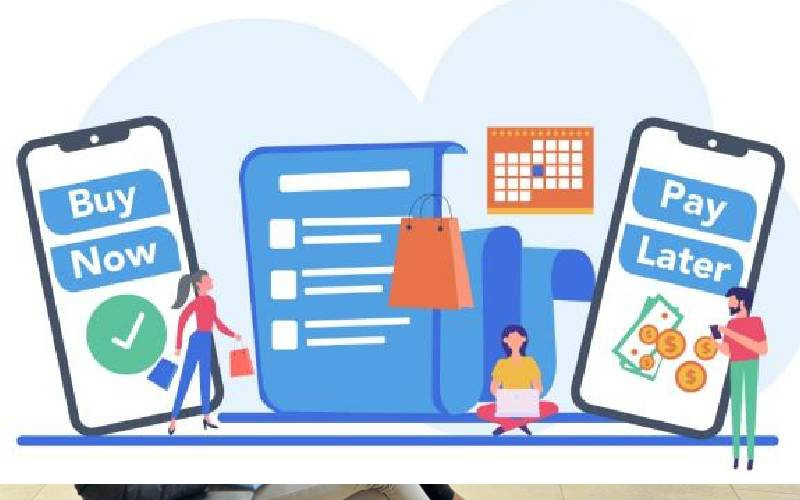×
The Standard e-Paper
Smart Minds Choose Us

It is the father of realism, Henrik Ibsen, who is quoted as saying: "Home life ceases to be free and beautiful as soon as it is founded on borrowing and debt."
Yet nothing is too expensive in today's tech-savvy world as long as you have a smartphone and some documented cash flow.